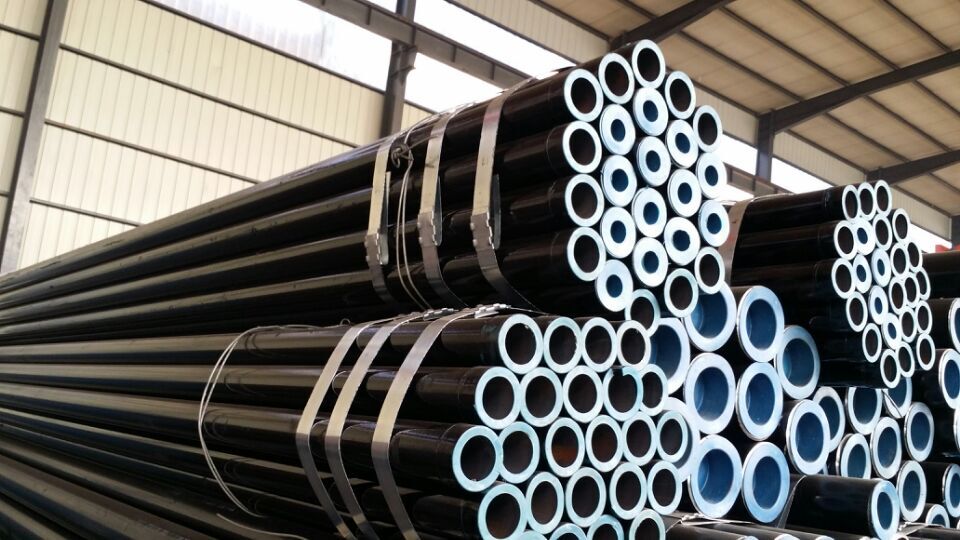Sharing China-Made with Global Customers

Mechanical testing of steel pipes is a critical part of ensuring their quality and suitability for use in various applications. This process involves several tests that assess different aspects of the pipe's mechanical properties.
1. Tensile Test: This is the most common mechanical test where a sample is subjected to a controlled tension until failure. The results of this test can indicate the tensile strength, yield strength, and ductility of the material.
2. Hardness Test: This test measures the resistance of the steel pipe to deformation when a constant compressive force is applied. It can provide useful information about the strength, ductility, and wear resistance of the material.
3. Impact Test: This test measures the energy absorbed by the material during fracture. This is a crucial parameter in assessing the toughness of the material.
4. Bend Test: This test is used to determine the flexural strength of the material. It involves bending the pipe to a specified angle and observing the material's resistance to bending.
5. Fatigue Test: This test is used to assess the material's ability to withstand cyclic loading conditions. It involves applying repeated loads to the pipe and observing the number of cycles it can withstand before failure.
6. Flattening Test: This test is used to evaluate the pipe's ductility and resistance to cracking. It involves flattening a section of the pipe and observing any signs of cracks or defects.
Each of these tests provides valuable information about the mechanical properties of steel pipes, helping engineers and designers make informed decisions about their use in various applications.
